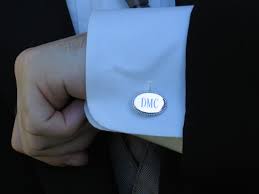There are dangers all around us. Not climate change, not food poisoning, not a car accident.
Nope, it’s the danger of impromptu speaking.
The CEO asks you a question. You stutter and can’t spit out an answer. Or your boss calls an office gathering and suggests you deliver some spontaneous remarks.
What do you do? Wing it? Ramble, looking for your lost brain? One out of four Americans is afraid of public speaking–and many of us do it, but suffer hours of anxiety. We stay up all night, waiting for the guillotine to fall at dawn.
In fact, many people would rather die than give a speech or presentation.
It is a sad state of affairs. Imagine all the wonderful things those who refuse to speak have in their heads. The country could use their help.
But they get something called Cognitive Interference, which means they lose their ability to think and reason when they stand up to speak.
In fact, they can get so upset that they get emotional exhaustion–which can cause them to do a lot of stupid things.
So how can we meet these challenges?
- Interpret your anxiety as an energizing force and tell yourself, “I am excited.” It leads off-the-cuff speakers to be seen by listeners as more confident and persuasive, according to a 2014 study by the Journal of Applied Psychology.
- Take the energy and turn it to your advantage. The stress of speaking is normal and natural. You should greet your anxiety, it will give you energy. Giving yourself permission to feel nervous and recognize that it is normal and natural allows you to stop being swept away by your anxiety.
- Use a little emotional intelligence. Re-direct your thoughts to the task at hand. And don’t strive for greatness. Dare to be dull. You are there to serve the audience, not your ego.
- Always be prepared for a surprise, so keep it simple. There are several good formats, or structures you can use. For instance, state the problem, describe the solution, and summarize the benefit.
- Or here is another structure: What/ So What/ Now what. For example,
“We are working on the Jones matter first / What
because it’s the biggest and most complex issue we have and/ So What
when it’s done we will have tripled our capabilities.”/ Now What
- Treat every opportunity as a practice round. And be prepared to be spontaneous, which, if I remember my grammar correctly, is an oxymoron.
- Beware of poor body language. Twisting your wedding ring, avoiding eye contact, or getting fidgety foot disease can make you look nervous, or even worse, make you look like a liar.
